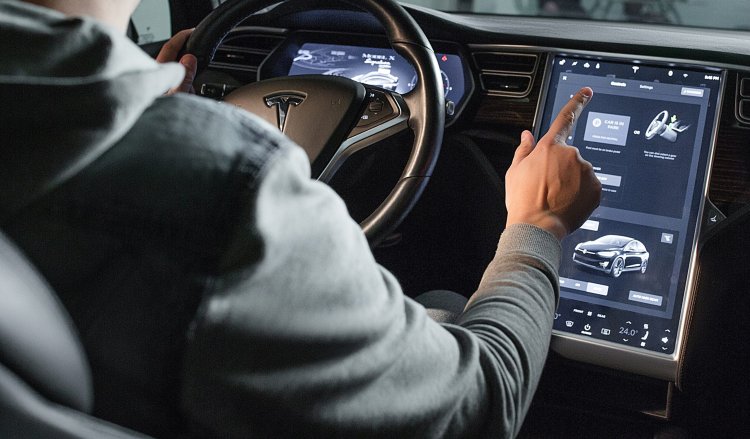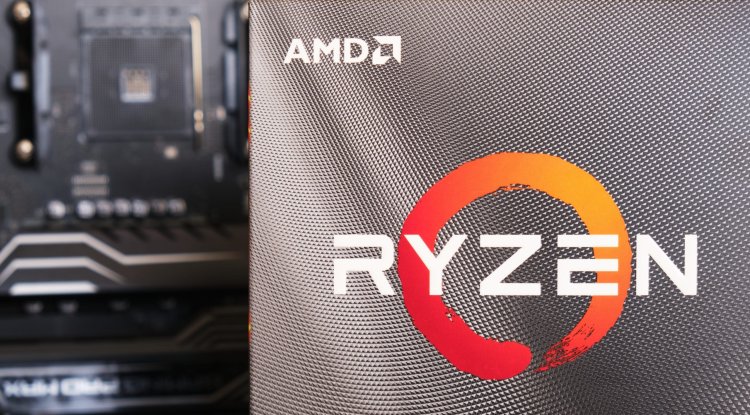Tesla recalls 130,000 vehicles: CPU overheating

Tesla, the well-known electric car manufacturer led by the eccentric Elon Musk, has recalled 130,000 vehicles owing to touchscreen problems caused by CPU overheating.
According to the information we have, the problem impacts at least the 2022 Model 3 and Y, as well as the 2021 and 2022 Model X and S. A defect in the information and entertainment system processor has been found in certain car models, causing it to overheat during fast charging.
As a result, the touch screen may fail or become blank. On May 3, Tesla began deploying an OTA update to remedy the mistake.
In its review notice, the US National Highway Traffic Safety Administration (NHTSA) stated that "during fast charging or preparation for fast charging, the central infotainment unit (CPU) may not be cool enough to avoid higher than expected temperatures, which may cause the CPU to slow down processing or restart."
Slower or restarted rendering may cause the center screen display to lag or become blank.
However, the NHTSA advisory does not explain what caused the fault or how it was corrected via software update. It appears that it has something to do with how the vehicle prepares the battery for use with fast charging.
While the malfunction or non-functioning of the screen takes center stage, the NHTSA reports that additional possible consequences include drivers being unable to utilize the backup camera, changing gear using the touch screen, or altering the speed of the windshield wipers (some Tesla models adjust this automatically and only have manual controls from the center panel).
The government has received 59 warranty claims and 59 field reports, and there have been no injuries or deaths as a result of this issue.
Due to the lack of transparency regarding this fault that has affected or is impacting Tesla vehicles, some speculate that the source could be AMD Ryzen-based CPUs, which the manufacturer began to deploy last year.
This idea is credible when we look at the affected models' generations, as there appear to be none from the year 2020 or before. Furthermore, earlier this year, some drivers reported a drop in ride quality as compared to previous Tesla versions' Intel Atom processors.
It is not the first time Tesla has requested a review of one of its vehicles; in 2017, a fault was discovered in the Model X that was caused by improperly adjusted cables.




























